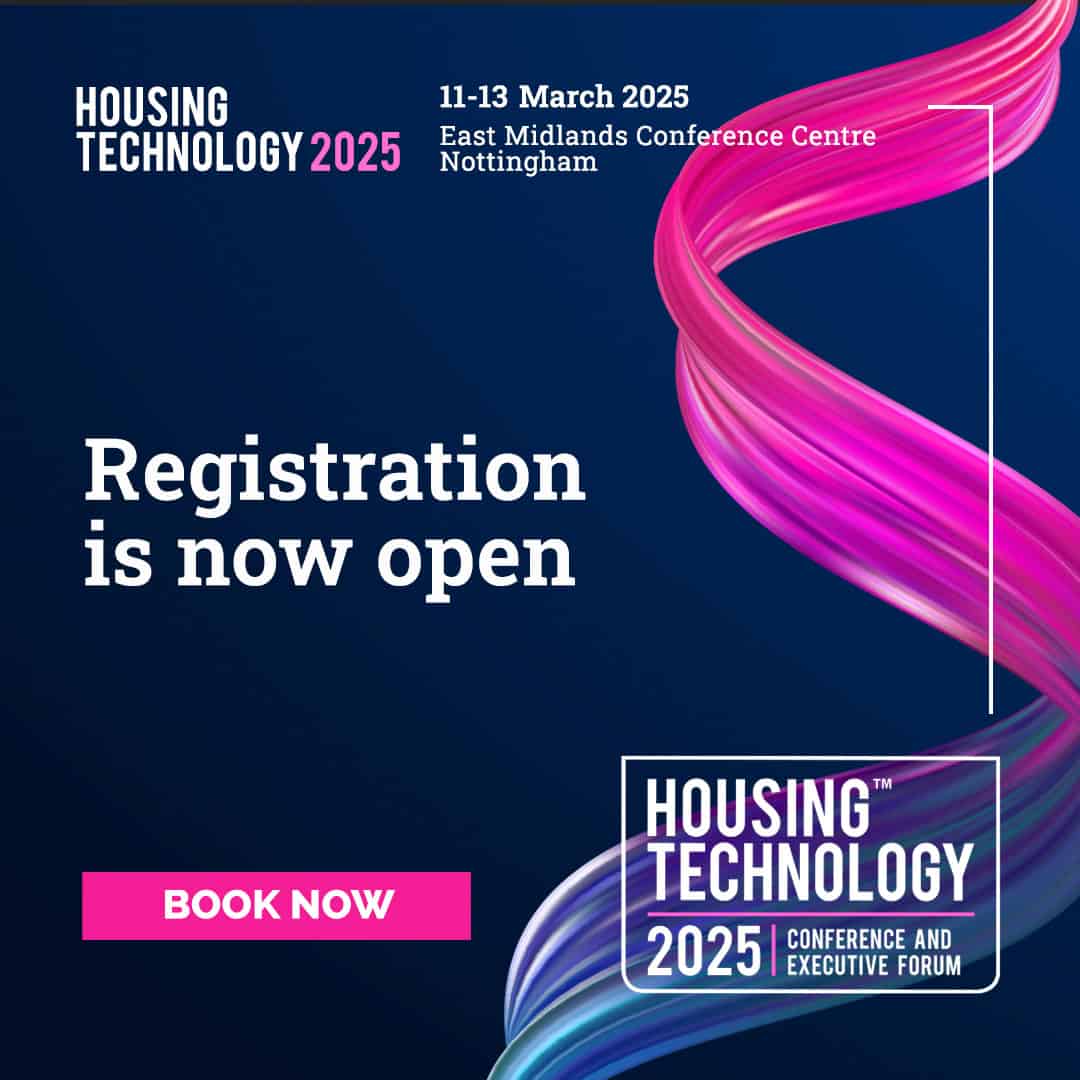Sir – Many people regard information governance as another potential compliance issue; something that drains resources as you try to jump through legislative and regulatory hoops. If that’s your position, then perhaps you are failing to see the potential of information governance as a means to drive change, increase efficiency and just generally do things differently.
Safeguarding and security have long been concerns of the IT sector but information governance is not restricted to protecting assets because it offers the opportunity to undertake a holistic review of approaches and activities throughout an organisation. At its core, information governance is about using hardware and software to promote efficiency, drive value for money and introduce sustainable behaviours.
At Longhurst Group, we’re starting with high-volume administrative processes, such as our corporate HR process. We have a versatile, flexible resource available in Sharepoint which allows us to write our own workflows that respond to our particular needs and collaboration that allows more joined up working. It’s because of this that we’ve been able to bring our board members online and encourage them to have paper-less meetings. Print reduction is one of our primary aims and as part of our commitment to cost-saving, we’re re-tendering our print contracts with targets to reduce the volume of print.
Changing behaviour is a key part of implementing information governance, and good communications kick-start the process of cultural change. As information governance embeds into an organisation, new ways to communicate emerge. For example we’re moving an increasing number of workflows, audits and other collaborative functions onto our staff intranet as well as promoting Microsoft Lync as a great alternative to exchanging e-mails. There will also be a shift towards using technology to enhance our working experience, not police it!
We’re also reviewing our approach to mobile hardware and are now issuing more devices to end-users. The digitalisation of tenant services and improvements to mobile working are driving our asset management strategy and influencing large-scale contract negotiations such as mobile phone contracts.
Of course, one reassuring benefit of firm information governance is that your ICT infrastructure is safeguarded by the right level of security. However, staying protected is simply a matter of good housekeeping whereas information governance can help mitigate severe risks, support value for money principles and generate real organisational change.
Darren Ryland
Head of ICT, Longhurst Group


